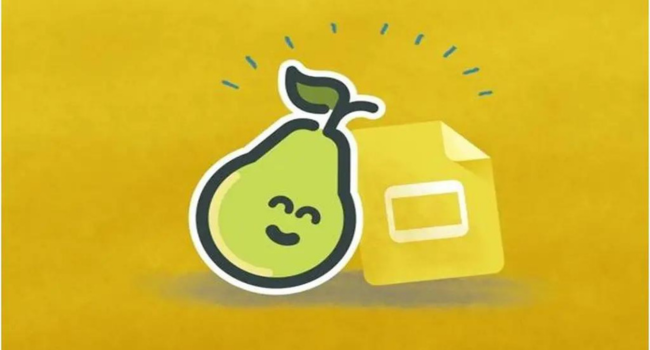You must have a great understanding of the tenses in order to perform well on the IELTS exams. English grammar’s use of tenses is important. Anybody hoping to perform well on the IELTS exams should concentrate on mastering the right use of tenses.
No student can pass the exams if they don’t understand the tenses well enough. English has several tenses. Events that are now taking place are indicated by the present tense. It is created by changing the verb’s root form by adding a -s or a -es. The past tense is used to talk about past experiences that have ended. By adding -ed or -t to the basic form of a verb while it is in the present tense, the verb is transformed into the past tense. Future events are those that will take place in the future. “Will” and “shall” are used to make future assertions.
Research Search India to learn more about the best coaching facilities for IELTS exam preparation. As a result, there are several lists of the best places to prepare for the exams.
To learn how to use tenses for the IELTS exam, continue reading:
The present-day
It discusses issues that are currently taking place or will in the near future. It may also be used to describe customs, traditions, and eternal truths. Also, you’ll use it in the IELTS exam.
more specifically My cat likes milk, I take IELTS lessons on the weekends, and I practise English every day.
Past simple
You will discuss past-related concerns while using the past tense. For example, you may use the past tense to explain what happened on a certain day or over a specified amount of time. You are also allowed to talk about things that have already happened while using the past tense. This may be because they were never begun, or because other concerns occurred.
Future tense
Future occurrences are discussed in the future tense. Although both the present and past tenses use the word “will” and follow its fundamental rules, there are differences between them. Sentences can have single-word subjects. For example, you cannot say, “I shall eat” (“I gave her her book”). Always use the verb in the singular third person (he/she/it). This suggests that “he ate” and only “he ate” are accurate. You need another auxiliary verb than had if you want the reader or listener to understand before anything else, such as in the past perfect tense: had been; would have been; may have been; may have been; might have been; might have been; will probably be. Hence, keeping this in mind is important if you want to perform well on the IELTS.
Perfect present tense
You talk about previous events that have an effect on the present in the present perfect tense. It consists of the auxiliary verb have/has and a verb’s past tense, such as I’ve lived in Jalandhar since 2004, and he started working there five years ago.
Perfect past tense
It implies that something happened earlier than anything else. This tense is created by adding “had” to the past participle (“had + -ed”). So, you must use this tense to tell your reader what happened before another past event: In addition, even though I ate before going to bed, I’m hungry once again right now.
Tenses are time-based
Time is hard to explain without the proper tense. They can be used to talk about the past, the present, or the future when discussing the time of an event or situation in English. Thus when you need to describe an event that occurred before another, you use had. Specifically: I showered yesterday. Thus, this sentence refers to an earlier occurrence.
It happened following the person’s shower but before they went out with friends, family, etc. Moreover, you would add “I’m holding a party tonight” to the phrase “I did this anytime last week” When you seek the advice of professionals at Global Makeovers, getting ready for the IELTS exam may be a straightforward endeavour.
To sum it all up
The present, past, and future are only a few of the tenses used in English grammar. There are also other tenses that are challenging for native English speakers to understand, including the “perfect tenses.” For the IELTS exam, you should concentrate on improving your tenses understanding. Any student who wants to perform well on the IELTS should have a solid understanding of tenses.




